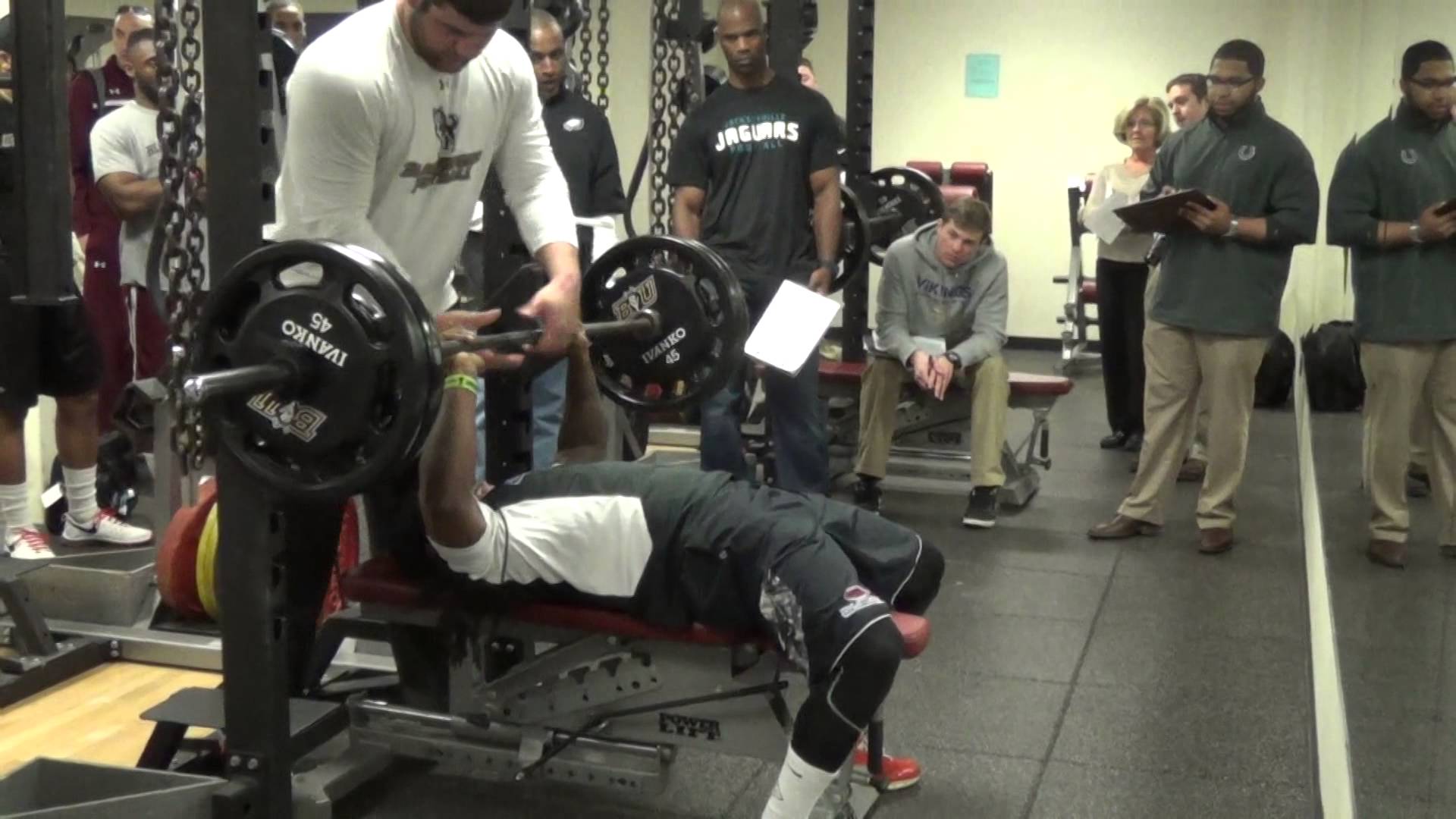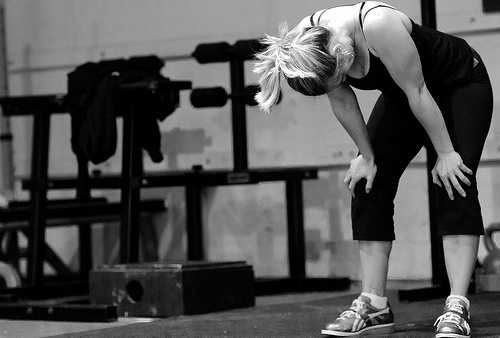I’m sure most of you have read or seen the fable making its rounds on the internet about the young Native American boy asking his grandfather to explain why people are good and evil. For those of you who haven’t, I’ll give you the Reader’s Digest version.
Essentially, the grandfather explains that everyone has two wolves inside them fighting for control. One wolf embodies good qualities such as empathy, love, trust, and humility. The other represents qualities such as hate, envy, deception, ego, and so on. The boy looks to his grandfather and asks which wolf wins. The grandfather looks back and says, “The one you feed.” I think this tale speaks especially well to the coaching industry. As I progress through this field, I find myself running into equal amounts of gimmick coaches and those who are the salt of the earth type that make our industry great.
Now, some of you are saying to yourself, “Wait, every industry has good guys and bad guys.” And, you’re right, but what every industry doesn’t have is the impact on 18-22-year-old people that strength coaches do. Are we feeding the right wolf in ourselves and our athletes? I’ll quote my man Uncle Ben for this one, “With great power comes great responsibility.” Maybe you’re doing a great job of connecting and impacting your athletes, maybe you don’t feel like it’s your job to parent other people’s kids, or maybe you’ve been up to your elbows in administrative duties or programming and you’ve lost a little bit of your personal connection. Either way, hopefully there are some takeaways here to get you thinking about whether you’re doing the best you can to be present for your athletes.
Disclaimer: There is no earth-shattering new information in this article that will get you 50 likes and retweets on Twitter. What follows is simply a nice slice of humble pie for us to do some reflection as leaders.
“There is nothing sweeter than the sound of one’s own name.” – Dale Carnegie
As coaches, we are afforded a rare opportunity to have a direct impact on the future of other people’s children. Every day, I come in contact with 150-200 athletes. Now, obviously, it would be impossible to sit and have a conversation with each and every one of them every single day. I do, however, make a point to acknowledge, by name, every athlete that walks through the doors of the weight room. Sometimes this can be nothing more than a quick “how are you?” or a personal favorite “give me 2 things you learned in class today before you start warming up”. One mistake I made as a new coach and that I see my current interns making is not taking advantage of the limited amount of free time during sessions. We should be constantly conversing and talking to athletes; in between sets, during the warm-up, etc. I pride myself on being able to say with 100% certainty that if you asked me about any one of the student-athletes I work with, I could tell you 2-3 things about them that have nothing to do with athletics. This includes those athletes who do not particularly enjoy the weight room.
Ready to give our programming software a shot? Take a 14-day trial, no strings attached >>
So why am I telling you this? Do I want an award for being the nice guy? No. I want it to be understood that these personal connections matter. They lay the groundwork that support the house when the hurricane of sled pushes in 90-degree heat and never-ending work capacity circuits come into play. Guess which coach will get more out of their athlete when the chips are down and the tank is running low? You guessed it, the guy who asked about Johnny’s family back in December. Too many coaches ask without giving. Truly building the house on solid ground means knowing siblings’ names, showing legitimate interest, and opening yourself up. As an industry, we talk about getting the athletes to trust us like buy-in is a one-way street. I have never heard of a successful one-sided relationship. Be a human, show your athletes that side of you and it will pay dividends and help you become a better coach in the process. Obviously professional discretion must be kept, but there is no reason for your athletes to know nothing about you outside of your love for squats and your go-to Pandora channel. It may be harsh, but I don’t care what your excuse is. When it comes to connecting with our athletes it is our job to make time, find creative ways, and make it a priority.
“Be the man you needed at their age”
We are all honored to be a part of the success stories, (just check Facebook if you don’t believe me) but I find it is just as important to own the not so pretty moments. Good or bad, you are having a direct impact on what happens next in these young adults’ lives. Behavioral psychology tells us people tend to sway toward their default negative emotion when things get uncomfortable. This could be anger, fear, sadness, etc. As a coach, it is our duty to help our athletes reframe negativity and work to recognize moments when they are swaying in the wrong direction. Where else can you practice being put in adverse situations better than a weight room?
The reality of our profession is this; your best coaching moment will most likely come behind closed doors and will be heard by only one other person. I’m sure the talk you gave about lions hunting gazelles on squat test day was a big hit also, but there will come a time when you will have to have a conversation with an athlete who has made a potentially life-altering mistake. It is unfortunate, it may vary in magnitude, but it is also almost guaranteed (statistically speaking) to happen to all of us. When this moment comes, are you going to have a relationship to fall back on to have some validity when you’re guiding this young person through what may be a major pivot point in their life? If you have been connecting with that athlete, they will know you care about them, you will have background and understanding of them as a person, and most importantly they will listen as you try and guide them. That is the real impact. When your influence begins to seep into decisions made in the other 23-hours of their day, you are making a difference. That kind of power doesn’t come with half-hearted high-fives and gold stars on a progress board. It comes through real-life discussions, and is forged through consistent caring actions.
“What you are speaks so loud that I can’t hear what you say.” – Ralph Waldo Emerson
“You are the sum of the 5 people you spend the most time with.” The amount of times I see this on social media or hear it dropped in podcasts is unbelievable. Yet, I don’t believe it’s truly understood. As strength coaches, we hang our hats on relationships and “spending more time with athletes than their sport coaches”. This is a great thing, but it raises an important question that we need to be asking ourselves regularly. Are we a positive influence, a neutral person along the path, or at worst a toxic influence? We must care about our athletes. The coaches I respect most in this field are the ones I see eating meals, laughing, and truly opening up to their athletes. I preach family in my weight room, and I make sure I live it. In closing, I urge my fellow strength coaches to evaluate ourselves as leaders and take advantage of this rare opportunity we are given to make an impact and become a better coach. Take pride in the wedding invitations, meaningful texts/calls, and graduation pictures. Put down the clipboard and take an extra few minutes to talk to your athletes as people. I’d be willing to bet those interactions will mean much more to both of you than the 10lb PR they hit when testing week rolls around.
Coach David Kitchen is the Head Strength and Conditioning Coach at Bloomsburg University of Pennsylvania. You can follow him on Twitter and friend him on Facebook.
Subscribe to our blog
Subscribe to receive the latest blog posts to your inbox every week.
Related posts

Insights from a 24-Year-Old Head Strength Coach
%201.png?width=720&height=400&name=Sport%20Coach%20(4)%201.png)
Going From Coach to Leader: Using the 5 C's

